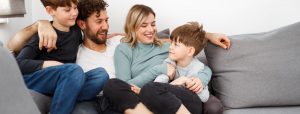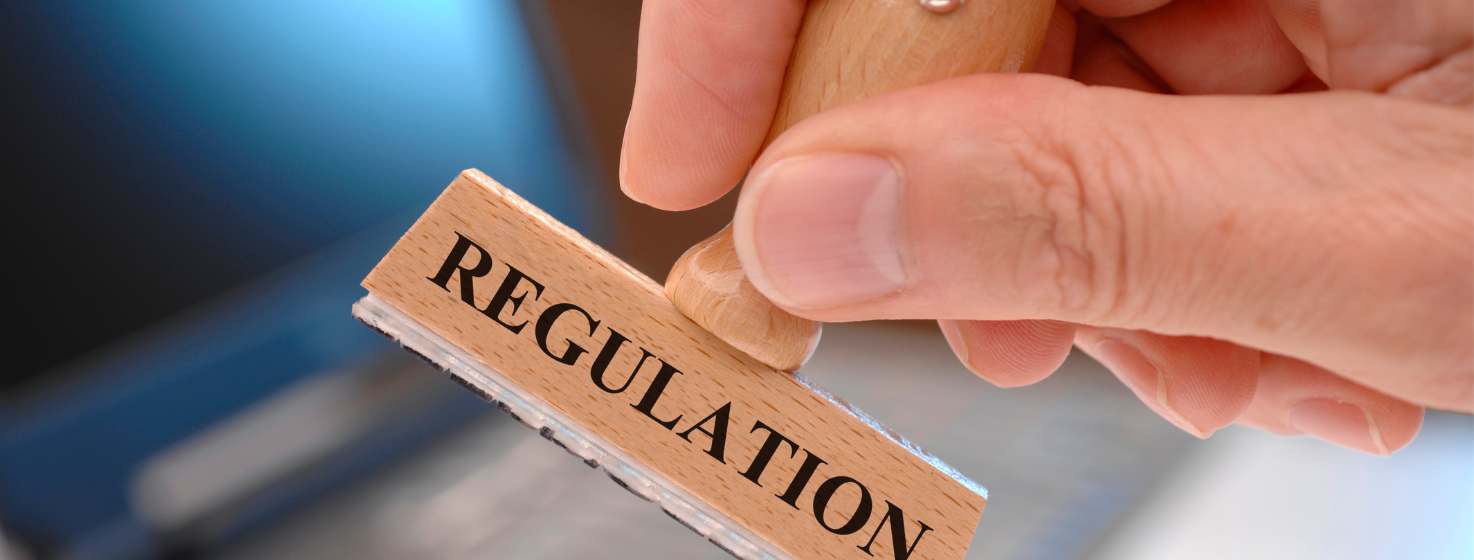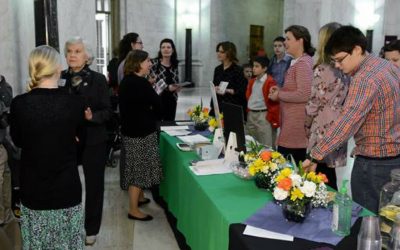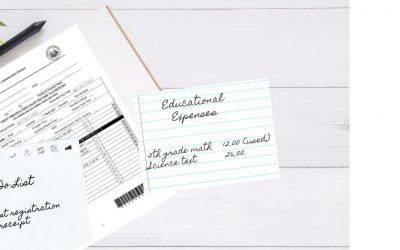CHEWV has been seeing news articles calling for new homeschool regulations in West Virginia nearly every week! Some information in them is legitimate but misplaced; other tidbits are downright frightening. Altogether, it’s evidence that there is a real and concentrated effort to further regulate homeschooling in the upcoming legislative session. Let’s start with one of the frightening quotes.
“School provides much more these days than academics. It’s a place where kids get food, medical care and in some cases clothing, ” stated Kimberly Miller, president of the West Virginia Association of School Administrators and Ohio County Superintendent, on September 18th’s Metro News Talkline. Miller continued, “I feel that the school is all-encompassing, we are taking care of the whole child, not just academics…” That’s Miller’s reasoning for having eyes on homeschoolers each year.
Surely parents assume that this role is theirs – that parents make choices for their children including where they are schooled and how they are educated, as well as what they are fed, what they wear, and what medical care they receive and from whom.
Who IS Accountable For The Care of Children?
Think about the implications of Superintendent Miller’s statement. If one accepts the premise that the public school system, instead of the parents, takes “care of the whole child,” then it might follow that all children, including homeschoolers, private school students, IIP students and others, should be on the radar screen of the public school on a regular basis so that school administrators can make sure they are safe and well. If the school system sees itself as being responsible for ALL children, they see their role extending into the homes, regularly evaluating the fitness of parents and ensuring the wellbeing of the children. Accordingly, Miller concludes that if school districts are going to be held accountable for all students [including homeschoolers], then they need to have personal contact with those students.
Unlike Miller and other school administrators, we do not believe that the school system is accountable for students who are not public school students. We don’t even believe that they are accountable for public school students beyond academics and safety during the time that they are at the school. Ultimately, whether attending public school or not, all parents remain accountable for their own children.
Therefore, if parents don’t choose the public school for the educational component of their own child’s upbringing, the school system has little accountability for that child.

Regulations for Privately-Homeschooled Children
WV homeschools are legally required to provide certain documents to the public school system: notice of intent to provide home instruction, assurance that the child will receive instruction in certain general subjects, and roughly triennial submissions of academic assessment results.
In turn, the superintendent (or a designee) necessarily must track whether homeschool parents/guardians are timely submitting required academic assessments. If assessment results are not submitted, county school officials can follow up to determine why.
If the failure to timely submit the assessment is not excusable, then the county can request information to ensure that the homeschooled student is being academically assessed and instructed in the required subjects. Thereafter, when supported by a probable cause showing of educational neglect, the superintendent may petition a circuit court to deny home instruction. The circuit court may grant such a petition upon clear and convincing evidence that “the child will suffer neglect in his or her education” or “other compelling reasons to deny home instruction.” [WV Code 18-8-1(c)(2)].
Everything in the homeschool law is about ACADEMICS: instruction, academic progress, academic assessments, and educational neglect. The county’s interface with homeschoolers is legally intended to be all about academics – not an “all encompassing” in-person annual evaluation of child welfare.
What About Abused Children?
The recent news stories about children who have been abused are tragic. Thankfully, there is a state agency that ensures the protection of children. However, it is not the school system – it’s Child Protective Services (CPS). CPS received reports on, and did investigations in the homes of both Raylee Browning and Kynnedi Miller.
If school administrators want to focus on the welfare of non-public school children, they should work to make CPS more effective at identifying and appropriately handling cases of child abuse. Certainly, abuse does happen – even within public schools by public school personnel. In fact, a frightening amount of abuse happens in the school system, both at the hands of school personnel as well as through peer bullying. Allegations of abuse of all sorts should be investigated – by the agency created and funded for that purpose.
CHEWV is not advocating for ignoring abuse. We are saying that the public school system does not have – and should not have – a legal duty or right to conduct annual inspections of homeschoolers. Abuse claims should absolutely be investigated – with speed, diligence, and sensitivity – by CPS, the agency with the duty and training to do such work.
It’s the responsibility of school system employees to report suspected abuse to CPS whenever they encounter it as part of their routine job regarding academics. However, situations of physical abuse should not be exploited to expand the role of an academic institution into an “all encompassing” caretaker.
The Conclusion
There has always been distrust of – and sometimes downright animosity toward – homeschoolers by public school system personnel. First, it was that parents aren’t really qualified to teach their own children at home. That fallacy has been disproved by many well-educated, successful homeschool students. However, now we face a new charge: parents can’t be trusted to take care of their own children.
School systems should be held accountable for the safety of children while in their care. However, to say they should be responsible for the safety of every child is a grave mistake.





Recent Comments